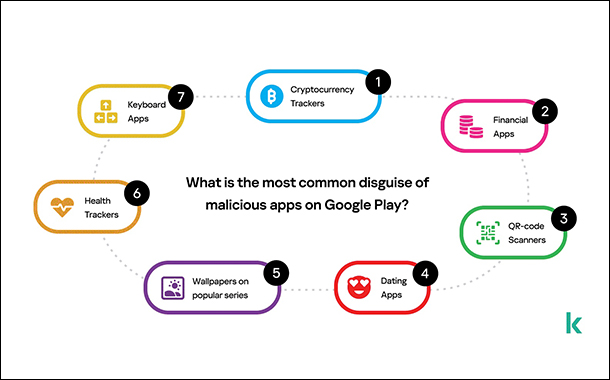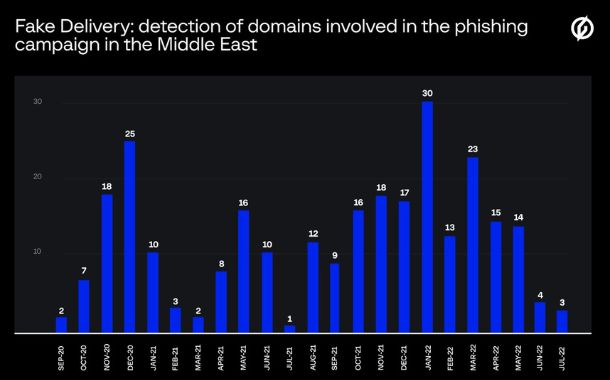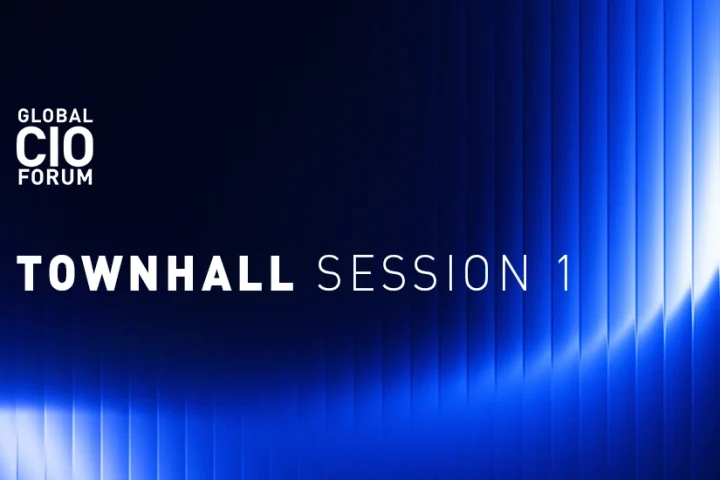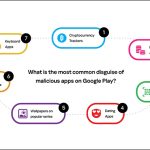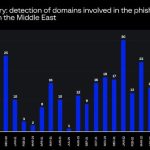Kaspersky experts has recently detected a growing interest among phishers and scammers in the popular game console PlayStation, the new version of which is going to be launched in November. In the period of July to September 2020, there was discovered almost 150 suspicious web resources around the world with the word playstation in their names. So far in September alone, Kaspersky experts has found more than 60 such sites. However, in reality there may be a lot more.
The phishing websites were mainly offering the chance to pre-order PlayStation 5 by leaving a prepayment or personal information. On some sites it was supposedly even possible to purchase a console at a reduced price. There were also resources where the previous version of the console, PlayStation 4, was on offer for much lower prices, with the major discounts attributed to the release of PS5.
“We want to remind users that if something looks too good to be true on the internet, then it’s most probably a scam. Sales and pre-order messages are worth checking with reliable sources. You should not follow links in suspicious emails or messages sent via messaging services or social networks. It’s also a good idea to install a security solution with up-to-date databases of phishing and spam resources”, comments Tatyana Sidorina, Lead Web Content Analyst at Kaspersky.
Kaspersky Lab experts advise the following tips to protect against phishing threats:
- Always double-check the URLs of links shared in unexpected messages or those from an unknown sender, to make sure that they genuine and do not cover another hyperlink that leads to a malicious page or download.
- If you are not sure that a website is genuine and secure, never enter your credentials or personal information. If you think that you have may have entered your login and password on a fake page, immediately change your password and call your bank or other payment provider if you think your card details may have been compromised.
- Always use a secure Wi-Fi connection, especially when visiting sensitive websites. Do not use public Wi-Fi without password If you are using an insecure connection, cybercriminals can redirect you to phishing pages without your knowledge. For added security, use VPN solutions that encrypt your traffic, such as Kaspersky Secure Connection.
- Use a security solution with behaviour-based anti-phishing technologies, such as Kaspersky Security Cloud or Kaspersky Total Security, which will warn you if you are trying to visit a phishing web page.




